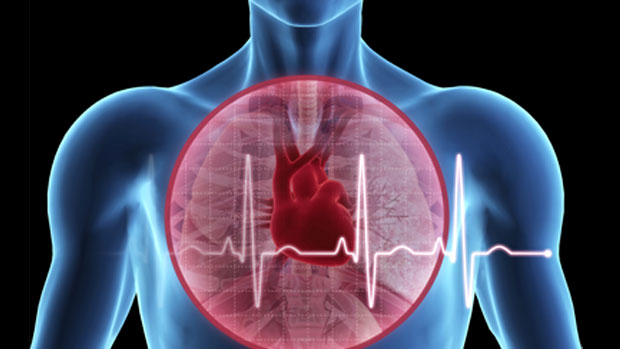Congenital Heart Disease Awareness: Transitioning ACHD Patients Into Specialty Care

Congenital heart disease (CHD) occurs in close to 1 percent of births with over 90 percent living to adulthood. There are now more adults living with CHD than children due to successful surgical and medical treatment over the last six decades.
Unfortunately, many adults with CHD have fallen out of congenital heart care either because they were told they were surgically "fixed" or because they were never referred to adult congenital heart disease (AHCD) providers upon reaching adulthood.
It is now known from decades of follow-up that there can be life-long consequences of even the simplest congenital heart surgeries. In addition, we now know that many individuals with complex CHD repairs that have a single ventricle or a systemic right ventricle will experience early heart failure, arrhythmias, and far-reaching manifestations of surgical procedures, such as the Fontan operation, that subject the body to systemic venous hypertension leading to liver cirrhosis, pulmonary hypertension, esophageal varices, protein-losing enteropathy, plastic bronchitis, etc. Many of these individuals will go on to need a heart transplant or multi-organ transplantation in their second to fourth decade of life.
Treating heart failure and arrhythmias in this population can be quite different than treatment in acquired heart disease and therefore it is important to have them see a CHD specialist. Many adults with ACHD have never had genetic testing and counselling which can inform their risks for transmission of CHD, should they decide to have children.
This testing can also inform their care by identifying syndromes that can benefit from better medical management. Individuals with ACHD also benefit from pre-pregnancy evaluation to ensure they are in the best health possible to undertake a pregnancy (and how to best avoid a pregnancy if this is medically contraindicated).
Some ACHD patients don't pursue specialty care as they assume surgery is the only solution if anything is wrong. Increasingly these individuals can be treated with interventional, hybrid, or minimally invasive approaches. Transcatheter or hybrid valve replacements can now be used.
In fact, it is now rare for individuals with tetralogy of Fallot (the most common cyanotic heart disease) to require surgical pulmonary valve replacement. Most of these can be done via transcatheter or hybrid approaches without the need for the use of cardiopulmonary bypass. Hospital stays are usually only one to two days, and they can be back at work within days.
All cardiac care providers can help get ACHD patients back into specialty care by ensuring that they are referred to ACHD clinics where the expertise exists to evaluate and treat everything from simple to complex CHD.
This article was authored by Marion McRae, ACNP-BC, a nurse practitioner in the Guerin Family Congenital Heart Program at Cedars-Sinai Medical Center in Los Angeles, CA.

